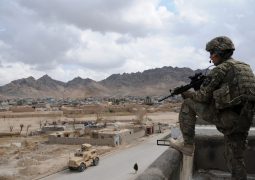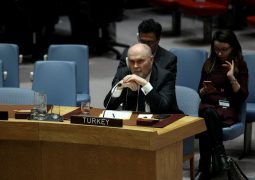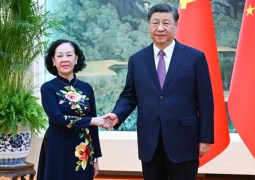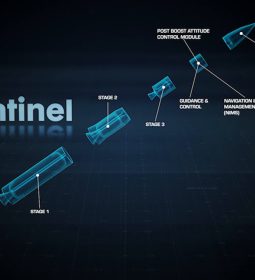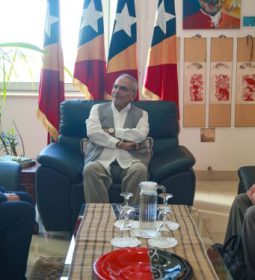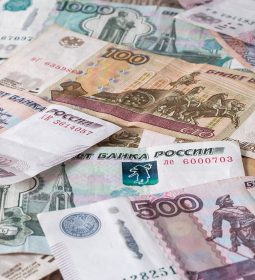Kabul on edge amid standoff between Afghan government and vice president
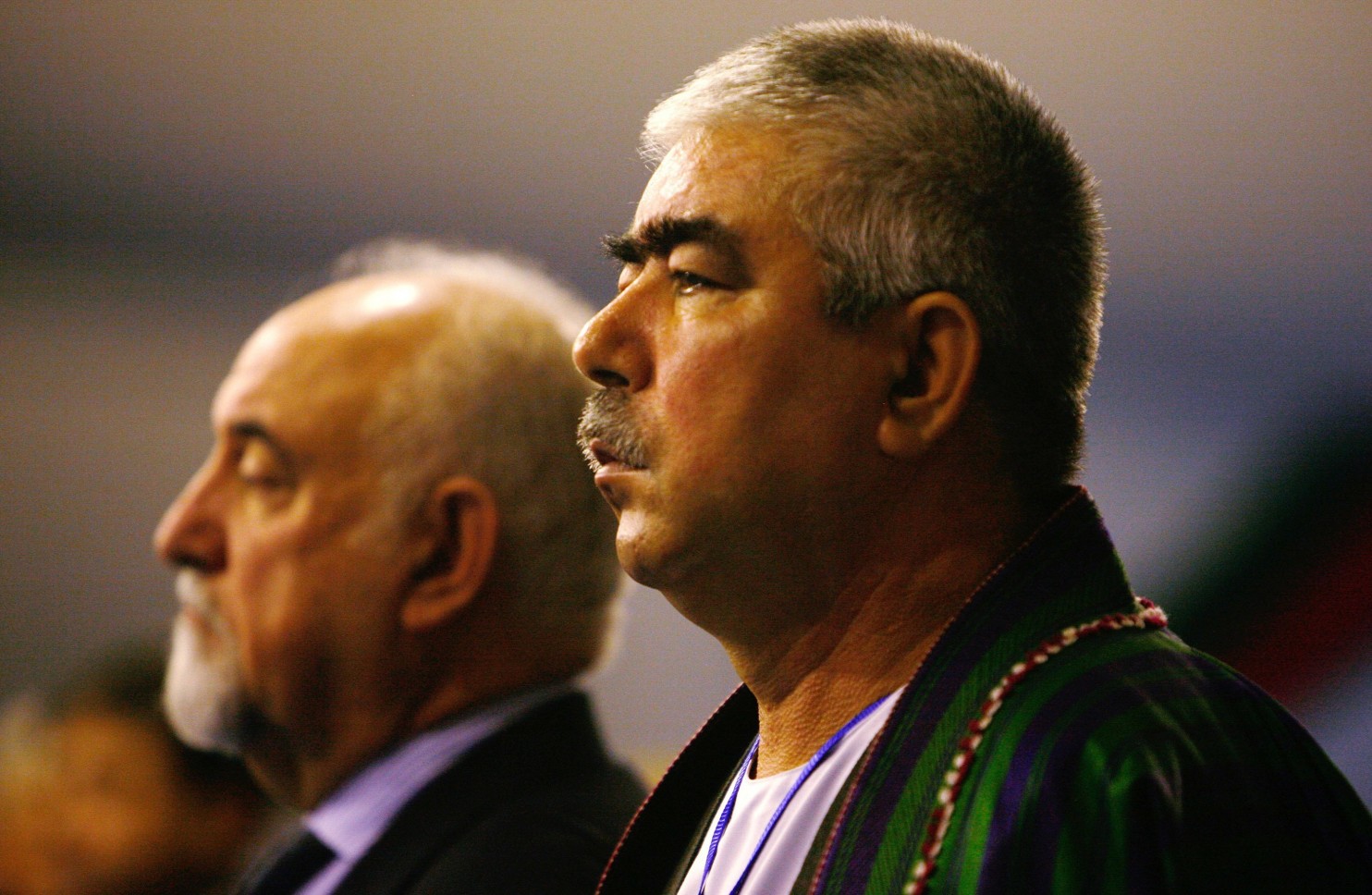
Six weeks ago Dostum, 62, a powerful ethnic Uzbek boss and former warlord with a history of alleged war crimes and personal abuses, was publicly accused of brutality and rape by a former governor and political rival, Ahmad Eschi, who charged that Dostum had held him captive in a rural stronghold and ordered him sodomized with a military rifle.
The scandalous allegation thrust the government of President Ashraf Ghani into a tense predicament. Western governments and human rights groups strongly urged him to take legal action, calling the case a major test of civilian rule and institutions. Some influential Afghans counseled caution, warning that Dostum and his armed followers could react violently and urging Ghani to settle the matter through negotiations.
The president sternly declared he would follow the law, and his attorney general vowed to undertake a thorough, impartial investigation. Repeated letters were sent to Dostum requesting that he and his guards appear for questioning, but they went unanswered. On Monday, arrest warrants were issued for nine of his employees, and they were also ignored. Dostum’s spokesmen insist he cannot be held accountable.
Yet no move has been made to detain Dostum or his men. The first vice president, who could be suspended from his post by parliament for defying the law, remains sequestered in his militarized compound in a wealthy residential enclave, protected by armed guards and reporting for no official duties. There are also reports that some of the police units in the area are commanded by Dostum loyalists.
“President Ghani does not have the power to act. You need a strong and serious police commander to go after him,” said Atiqullah Amarkhail, a retired general. “In Afghanistan, there are many centers of power,” he said. “The government is divided, and the army and police are loyal to individuals and factions.”
Government officials said they are in no rush to go after Dostum and that they are focused on following proper legal procedures to avoid any suggestion of a political motive. “We want to be extremely careful, because this is such a sensitive case. It is going to take time,” one official said, speaking on the condition of anonymity because he is not authorized to comment publicly. He said Dostum’s associates “understand the gravity of the situation” and are in discussions on possible ways to comply.
Meanwhile, the government’s uncertain relationships with other former warlords are further complicating the tense picture, raising alarms at an unsettled political moment. Even as the government attempts to bring Dostum to justice, it has invited fugitive militia leader Gulbuddin Hekmatyar to return to Kabul in a peace deal, hoping to persuade Taliban insurgents to follow suit.
Hekmatyar, a onetime Cold War U.S. ally, turned his forces against the Afghan government a decade ago and was put on a U.N. terrorist list. He was supposed to return only if the United Nations lifted sanctions against him. But this week, his spokesman in Kabul suddenly announced that Hekmatyar plans to come to the capital anyway. reportedly bringing hundreds of armed supporters as he enters national politics.
Davood Moradian, director of the Afghan Institute for Strategic Studies, noted that both Dostum and Hekmatyar have popular followings, have been accused of serious wartime abuses and have never been held accountable. The government must take pains to ensure that Hekmatyar’s “invitation to Kabul is not seen as the state following a political double standard, trying to bring one warlord to justice while unfolding a red carpet to receive the other,” Moradian said.
The other strongman in this volatile mix is Attah Mohammed Noor, a wealthy northern governor and longtime rival of Dostum, who has been negotiating with Ghani to obtain more influence and status. Noor is seen as a possible replacement for Dostum or Ghani’s governing partner, chief executive Abdullah Abdullah, with whom the president has had a rocky relationship since they took power two years ago.
In a recent interview, Noor said that he did not want to prejudge the charges against Dostum, but he called the case shameful. “We need the rule of law in Afghanistan, and no one should be above it,” he said. Noor denied that he was seeking a senior appointment from Ghani, but he expressed concern that Dostum could retaliate against the government by unleashing violence or chaos in the north.
Some Afghan analysts said the politically debilitating charges against Dostum and the likely return of Hekmatyar could lead to dangerous ethnic divisions in the government and possibly strengthen the Taliban. Hekmatyar and Ghani are both ethnic Pashtuns, but Ghani is a Westernized intellectual, while Hekmatyar is a hard-line Islamist who could reinforce rather than help pacify the Taliban.
For the moment, though, it is Dostum who presents the most immediate challenge to Afghanistan’s weak coalition government. The longer he remains bunkered in his luxury compound a dozen blocks from the presidential palace, defying legal orders and dragging out the case against him, the more it looks as though the elected government, for all its international backing, is being held hostage by a strongman from another era.
- Previous Former warlord’s return could shake up Afghan politics
- Next The Resurgence of China-Vietnam Ties




